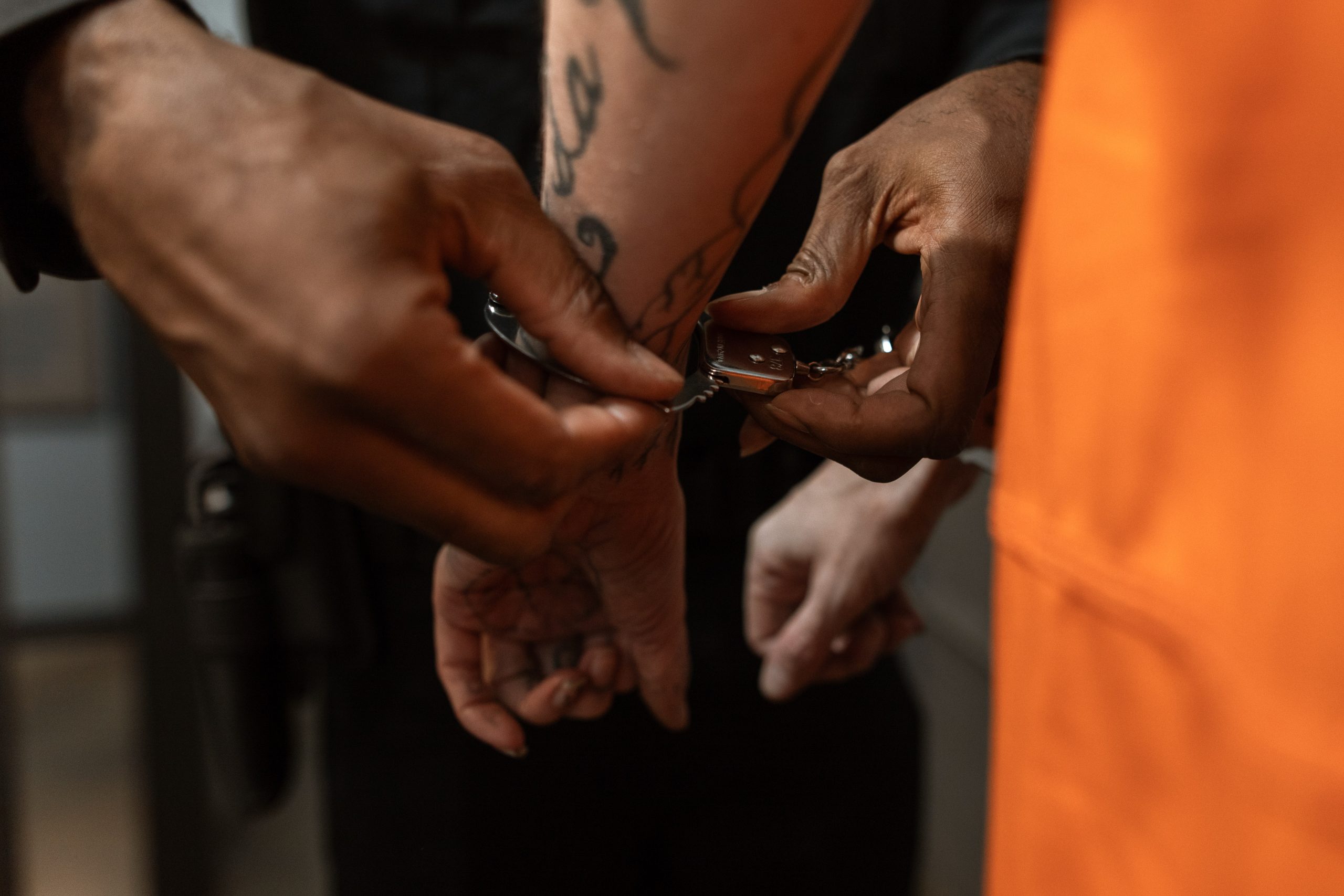The criminal justice system in America has long been a topic of debate and controversy. From concerns about racial bias to questions about the effectiveness of punitive approaches, there are many issues that have led to calls for reform. Here’s a closer look at some of the key issues and challenges surrounding the criminal justice system and politics:
- Racial bias: There is growing awareness of the ways in which the criminal justice system can perpetuate racial bias and discrimination. This can take many forms, from biased policing practices to disparities in sentencing and incarceration rates. Addressing these issues will require a commitment to addressing systemic racism and ensuring that all citizens are treated fairly and equitably.
- The war on drugs: The “war on drugs” has been a central part of American drug policy for decades. However, critics argue that this approach has been ineffective, and has led to the mass incarceration of non-violent offenders. There is growing support for a more nuanced approach to drug policy, which focuses on treatment and prevention rather than punishment.
- The death penalty: The use of the death penalty is a contentious issue in American politics. Supporters argue that it is an effective deterrent to crime and a just punishment for the most heinous crimes. However, opponents argue that it is a cruel and inhumane practice, and that it has been applied unfairly in cases where the defendant is poor or a person of color.
- Private prisons: Private prisons have become a controversial issue in recent years, with critics arguing that they prioritize profits over the well-being of inmates. There are concerns about the quality of care, the use of solitary confinement, and the potential for abuse. Some politicians have called for a ban on private prisons, while others argue that they can provide cost savings and improve efficiency.
- Alternatives to incarceration: Many advocates argue that the criminal justice system should focus on alternatives to incarceration, such as diversion programs, restorative justice, and community-based initiatives. These approaches can be more effective at reducing recidivism and promoting rehabilitation, while also being less costly than traditional incarceration.
As the debate over the criminal justice system continues to evolve, it will be important to balance the need for public safety with the need for fairness and equity. This will require a commitment to addressing systemic issues like racial bias and inequality, while also exploring innovative approaches to policing and punishment. By working together, politicians and advocates can help to create a criminal justice system that is more just, effective, and equitable for all.




